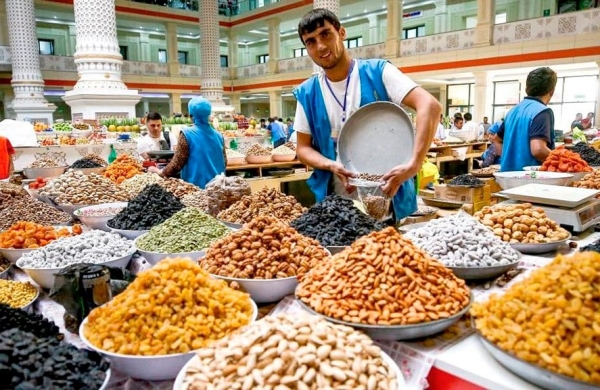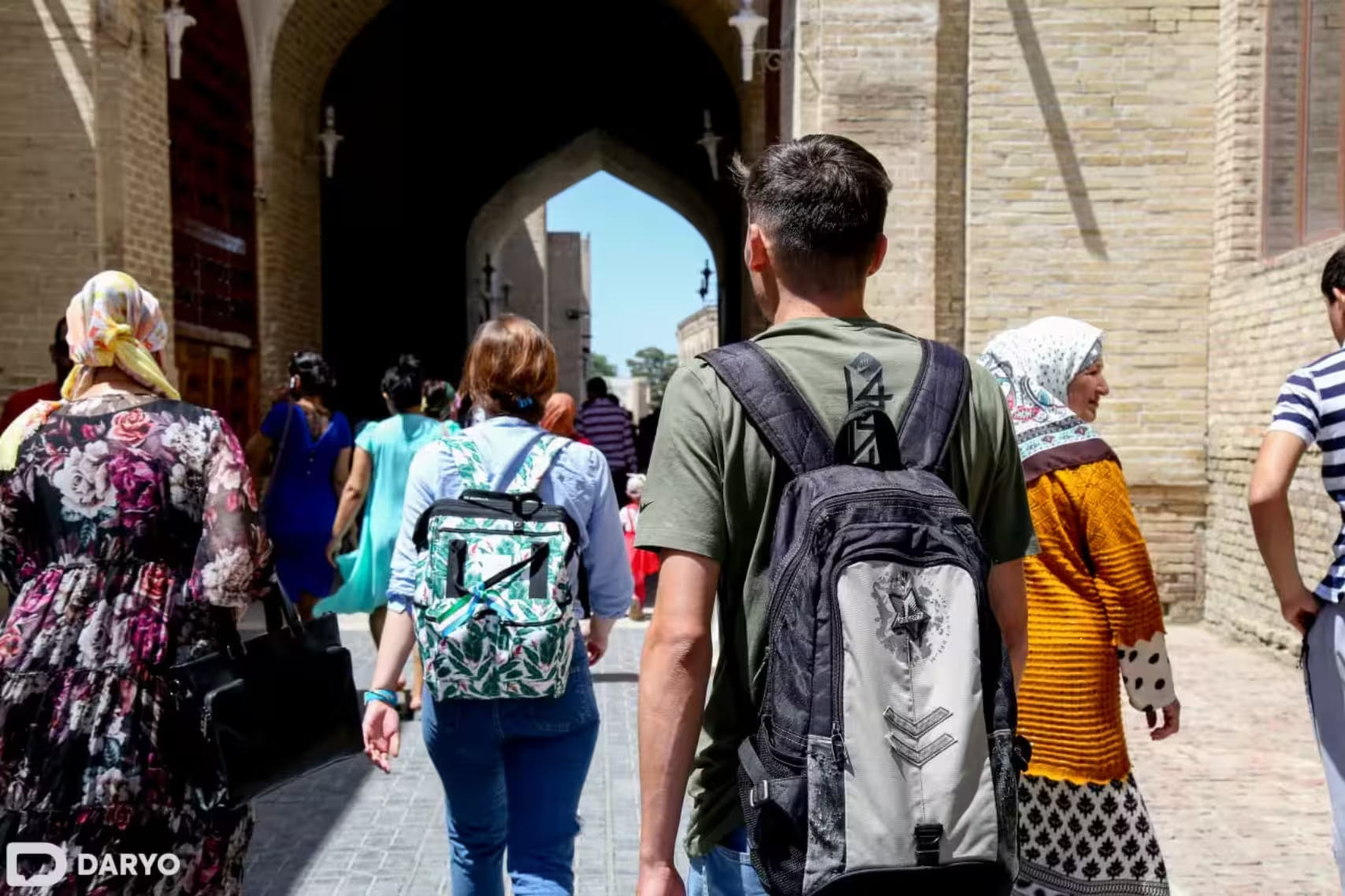
Tajikistan has not yet entered the list of countries experiencing severe food crises, but its appearance in a new global report as a regional food risk zone is a serious warning sign.
According to the Global Report on Food Crises 2025, released on May 16, Tajikistan is among the most vulnerable countries in Central Asia due to economic challenges, rising food prices, and increasing impacts of climate change. For the first time, the region has been officially recognized as an area of concern in such reports.
The report highlights that both Tajikistan and Kyrgyzstan face a combination of adverse factors: economic instability, food inflation, and high vulnerability to climate shocks. These issues, the authors warn, could worsen food insecurity in the near future and threaten access to essential food items for large portions of the population.
"In Central Asia, especially in Tajikistan and Kyrgyzstan, economic hardships, high food prices, and climate vulnerability are likely to intensify food insecurity," the report states.
While Tajikistan is not yet listed among the 59 countries experiencing the most severe food crises, its inclusion in the regional risk list is considered a clear red flag.
The report notes the region’s heavy reliance on remittances, persistent inflation, and a growing frequency of climate anomalies such as droughts and extreme temperature shifts. These factors directly affect crop yields, food production, and ultimately the availability of food, particularly for the most vulnerable groups.
The report, in particular, notes that key drivers of acute food insecurity and malnutrition include: conflicts, which remain the top driver of acute insecurity; economic shocks including inflation and currency devaluation; and weather extremes.
According to the GRFC outlook, hunger shocks will likely persist into 2025, as the Global Network anticipates the most significant reduction in humanitarian funding for food and nutrition crises in the report's history.
Acute food insecurity and malnutrition have reportedly increased to record levels, yet global funding is experiencing its fastest decline in years, and political momentum is weakening.
Speaking at a national seminar in Danghara district on May 17, President Emomali Rahmon emphasized the importance of food security, calling it one of the country’s strategic priorities. He warned that 2025 could become the hottest year on record, underscoring the impact of global climate trends, rising prices, and trade conflicts on Tajikistan’s domestic situation.
In response to these challenges, the government aims to achieve food self-sufficiency by improving land use efficiency, adopting energy-saving technologies, replanting crops, and advancing agricultural science. The president also acknowledged existing issues in the agricultural sector, such as declining production of poultry meat and eggs, malfunctioning irrigation systems, and low volumes of vegetable and potato cultivation.




